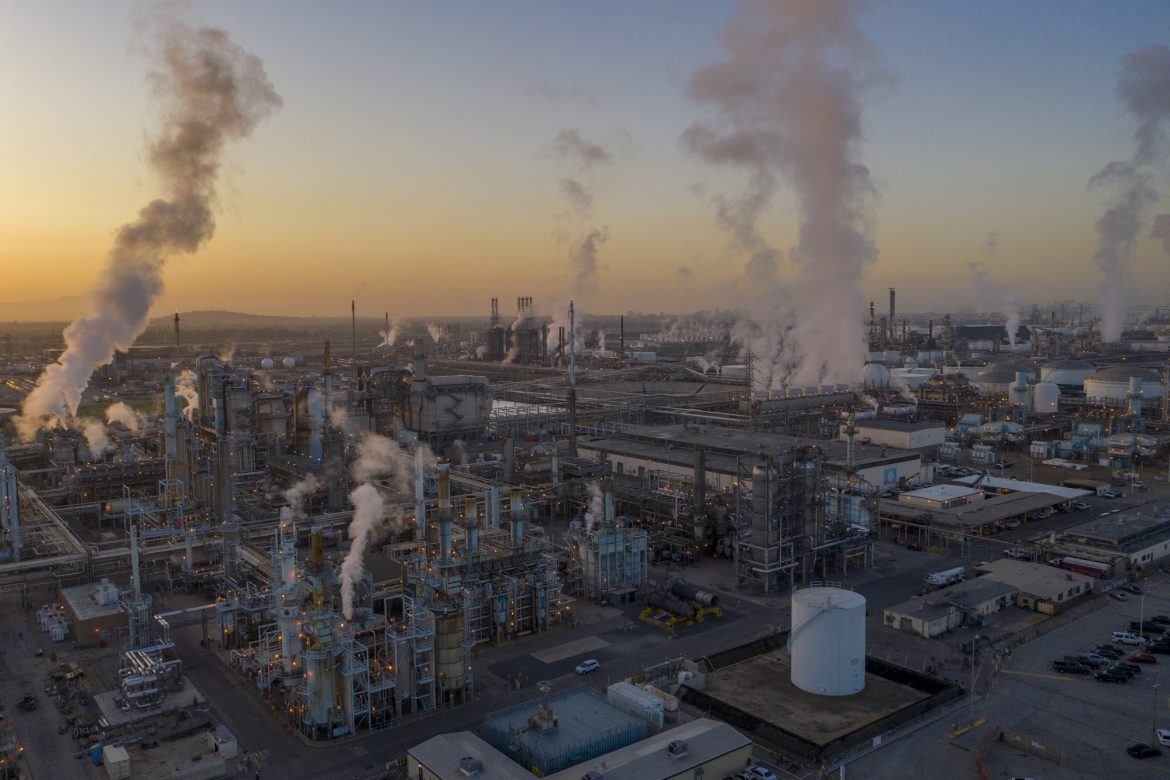For the first time, the price of permits on the European Union’s carbon market hit 100 euros ($106.57) per tonne on Tuesday, in what is a milestone that reflects the increased costs that factories and power plants must pay when they pollute.
The European Union’s Emissions Trading System (ETS) forces manufacturers, power companies and airlines to pay for each tonne of carbon dioxide they emit as part of the bloc’s efforts to meet its climate targets by using EUAs are the main currency.
The incentive to invest in low carbon technologies and switch to less polluting fuels is generated from how much emitters have to pay for EU carbon permits to cover each tonne of C02 they produce.
This is coming after EU countries and lawmakers agreed in 2022 to reform the EU carbon market, a development that has fuelled a bullish mood that has particularly gained momentum in recent weeks as companies approach an April deadline to buy and submit enough CO2 permits to cover last year’s emissions as traders also said expectations of cooler weather and low wind speeds increased demand for permits from fossil fuel power generators in recent days and buying by speculators also drove prices.
Read also: United Airlines launches $100 mln sustainable fuel investment fund
The price hike also follows an increase in power sector demand for CO2 permits in 2022, when dwindling Russian gas supplies helped to fuel a 7% increase in EU power generation from coal, the most CO2-intensive fossil fuel, despite the high CO2 price.
EU policymakers have said the bloc’s return to coal is a short-term response and the high price of fossil fuels, both coal and gas, will ultimately accelerate a shift to renewable energy, amidst fear that the return to coal could affect Europe’s climate targets.
Still, rising carbon prices are a cause of political tensions in the EU and breaching the 100 euro threshold is likely to reignite debates over prices as the EU plans to phase out the free CO2 permits that sectors including steel and cement currently receive and replace them with a world-first carbon border levy on the emissions of imported goods, to make firms abroad pay the same CO2 price as European industry.
Story was adapted from Reuters.
